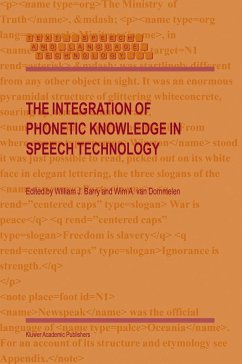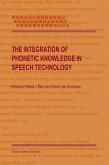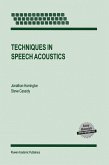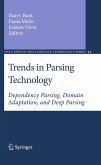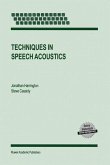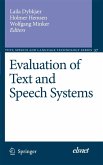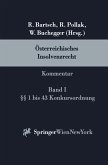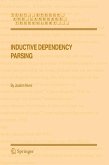Continued progress in Speech Technology in the face of ever-increasing demands on the performance levels of applications is a challenge to the whole speech and language science community. Robust recognition and understanding of spontaneous speech in varied environments, good comprehensibility and naturalness of expressive speech synthesis are goals that cannot be achieved without a change of paradigm. This book argues for interdisciplinary communication and cooperation in problem-solving in general, and discusses the interaction between speech and language engineering and phonetics in particular. With a number of reports on innovative speech technology research as well as more theoretical discussions, it addresses the practical, scientific and sometimes the philosophical problems that stand in the way of cross-disciplinary collaboration and illuminates some of the many possible ways forward.
Audience: Researchers and professionals in speech technology and computationallinguists.
Hinweis: Dieser Artikel kann nur an eine deutsche Lieferadresse ausgeliefert werden.
Audience: Researchers and professionals in speech technology and computationallinguists.
Hinweis: Dieser Artikel kann nur an eine deutsche Lieferadresse ausgeliefert werden.
From the reviews of the first edition: "The main purpose of this book is to present a set of ten highest quality papers focusing on the topic of integration of phonetic knowledge in speech technology. The valuable contributions of this volume prove convincingly that phonetic knowledge already permeates this integration a ] ." (Neculai Curteanu, Zentralblatt MATH, Vol. 1070, 2005)

